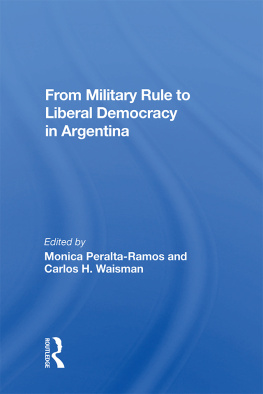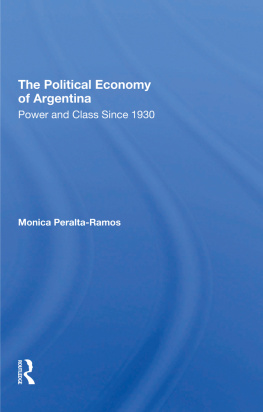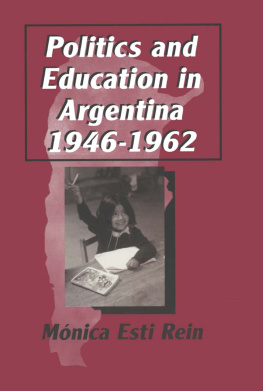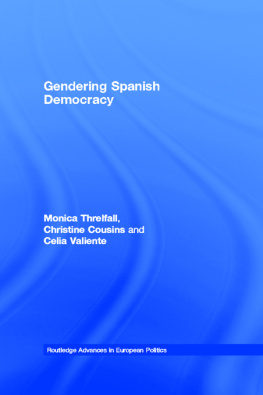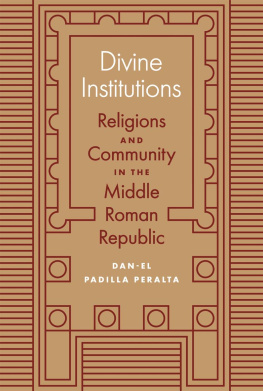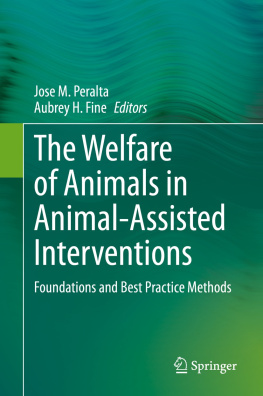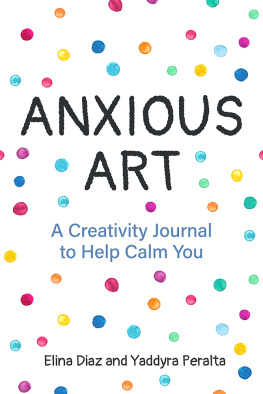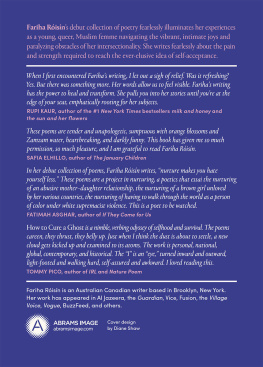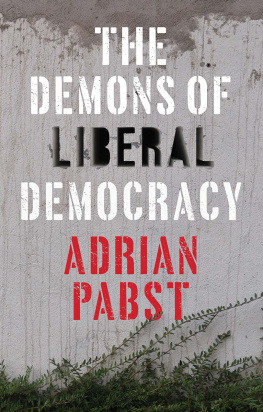From Military Rule to Liberal Democracy in Argentina
About the Book and Editors
Argentina has most of the characteristics that various theories of democracy postulate as prerequisites for achieving liberal democracy: an urban industrial economy, key economic resources under domestic control, the absence of a peasantry, the absence of ethnic or religious cleavages, relatively high levels of education, strong interest groups, and well-established political parties. Yet for most of the post-Depression period, the country has been ruled by nondemocratic regimes. As a result of the current process of democratization, however, a liberal-democratic political culture is emerging. The question is whether this process, which is strongly supported by all political parties and interest groups, can be consolidated in a context characterized by economic stagnation (and, in the past decade, retrogression), an inflation rate at the three-digit mark, growing unemployment, and the third-largest foreign debt in Latin America.
This collection of essays focuses on economic, political, and cultural aspects of the transition from military rule to liberal democracy in Argentina. Contributors discuss the factors leading to the demise of the military regime established in 1976, the electoral victory of the Radical Party in the 1983 elections, the most critical issues facing the Alfonsn administration, and the prospects for the institutionalization of democracy.
Monica Peralta-Ramos is in charge of academic affairs at the Argentine Embassy in Washington. Carlos H. Waisman is an associate professor of sociology at the University of California, San Diego.
From Military Rule to Liberal Democracy in Argentina
edited by Monica Peralta-Ramos and Carlos H. Waisman
First published 1987 by Westview Press, Inc.
Published 2018 by Routledge
52 Vanderbilt Avenue, New York, NY 10017
2 Park Square, Milton Park, Abingdon, Oxon OX14 4RN
Routledge is an imprint of the Taylor & Francis Group, an informa business
Copyright 1987 Taylor & Francis
All rights reserved. No part of this book may be reprinted or reproduced or utilised in any form or by any electronic, mechanical, or other means, now known or hereafter invented, including photocopying and recording, or in any information storage or retrieval system, without permission in writing from the publishers.
Notice:
Product or corporate names may be trademarks or registered trademarks, and are used only for identification and explanation without intent to infringe.
Library of Congress Cataloging-in-Publication Data
From military rule to liberal democracy in Argentina.
(Westview special studies on Latin America and the
Caribbean)
Includes index.
1. ArgentinaPolitics and government1955 .
2. ArgentinaEconomic conditions1945 .
3. ArgentinaSocial conditions1945 .
I. Waisman, Carlos H. (Carlos Horacio), 1943 .
II. Peralta-Ramos, Monica.
F2849.2.F69 1987 982'.06 86-4068
ISBN 13: 978-0-367-00851-2 (hbk)
Contents
, David Rock
, Michael Monten
, Monica Peralta-Ramos
, Juan M. Villarreal
, Carlos H. Waisman
, Juan E. Corradi
, Julie M. Taylor
, Hector J. Sussmann
, No Jitrik
Guide
- Chapter 2
- Chapter 3
- Chapter 4
This volume brings together the papers presented at a conference on the transition from military rule to liberal democracy in Argentina, held at the University of California, San Diego, on February 3-4, 1984.
Transitions to democracy took place in several South American countries in the early eighties, but the Argentine case is especially significant, for two reasons. First, the previous military regime was much more repressive in this country than in the other nations of the sub-continent in which democratic regimes were recently established (Bolivia, Brazil, Uruguay). Second, conditions in Argentina are especially inauspicious for the legitimation of a high-participation competitive regime: the economy is stagnant and prospects for growth are bleak in the face of a foreign debt equal to over five years of exports; further, the institutional bases of authoritarianismin particular, armed forces and a security apparatus imperfectly controlled by the government, powerful interest groups and weak political partiesis still in place.
The papers in this collection discuss economic, political, and cultural aspects of the transition, from different disciplinary perspectives and theoretical orientations. Taken together, these analyses present an awesome inventory of obstacles to the democratic transformation of the country. The authors focus on issues such as the combination of a structural economic crisis and an unpayable debt, the pattern of destructive conflict among different segments of the capitalist class, the decay of manufacturing and the expansion of the informal sector of the economy, a political culture based on a tradition of elite-led movements that control the subordinate classes, the need for the new democratic government to attain minimally satisfactory outcomes in all the major issues it feces, a culture ambivalent about capitalist values and national identity, the legacy of a culture of fear which corrupted large sectors of the society, even the rejection of science and technology, and the decline of the creative and critical potential of the intelligentsia.
And yet the radical nature of the crisis is in itself an element of hope for the consolidation of liberal democracy. The appearance of guerrillas and of state terror in the seventies were extreme manifestations of the crisis of legitimacy in which Argentina lived for decades, whose consequence was the institutionalization of violence as the standard mechanism for conflict resolution. Because the situation was so extreme, non-democratic formulae and their carriers lost their legitimacy, and this includes not just the militaristic groups on the far left, but also the armed forces, the economic and political elites that supported authoritarian options, and the trade-unionists prone to corporatism. At the darkest point in Argentine history since the organization of the national state, a military regime practiced, in the name of life, liberty, property, and religious values, the abduction, torture, and killing of real and imagined opponents, the confiscation of their property, and even large-scale corruption. At the end of such a regime, Alfonsn and the Radical Party won elections by promising little more than a return to the rule of law, a government guided by the principles of conventional morality, and an equitable assignment of the burdens of reconstruction.
Herein lies the strength, as well as the weakness, of the Alfonsn administration. The different groups in Argentine society see the current attempt to restore democracy as the last chance to avoid chaos. This definition of the situation may help produce permanent changes in Argentine political culture and contribute to the institutionalization of pluralism, autonomous participation, moderation, and bargaining. However, politics at the edge of the abyss is never a good thing: if the new government does not fulfill to a minimum degree the modest expectations of the citizenry, the outcome will be the de-legitimation of the last road not taken, high-participation liberal democracy,, and the intensification of the crisis to an unprecedented scale.


